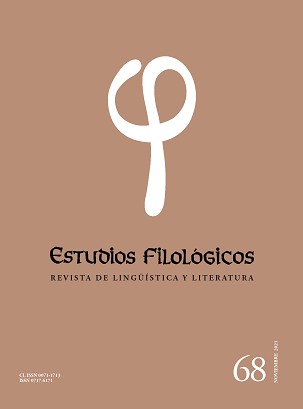Language Teaching in Chile: A Look from Language Planning and Policy
Main Article Content
Abstract
The aim of this article was to analyze public education policies for language teaching in Chile, from the perspective of language planning and policies in the ecology of languages. This qualitative documentary study, of a descriptive and interpretative nature, analyses the Supreme Education Decrees of the Indigenous Language program and the English Language program, based on the ten levels of language planning in its four phases proposed by Chua and Baldauf (2011). The results reveal that, although Chile is considered a multilingual country, the teaching of indigenous languages is limited and restricted in its development, being mostly driven over time from micro planning (below) to supra-micro planning (above) and, that political, economic and social resources are oriented towards the teaching of English, from the supra-macro planning phase (above) to infra-macro planning (below).

